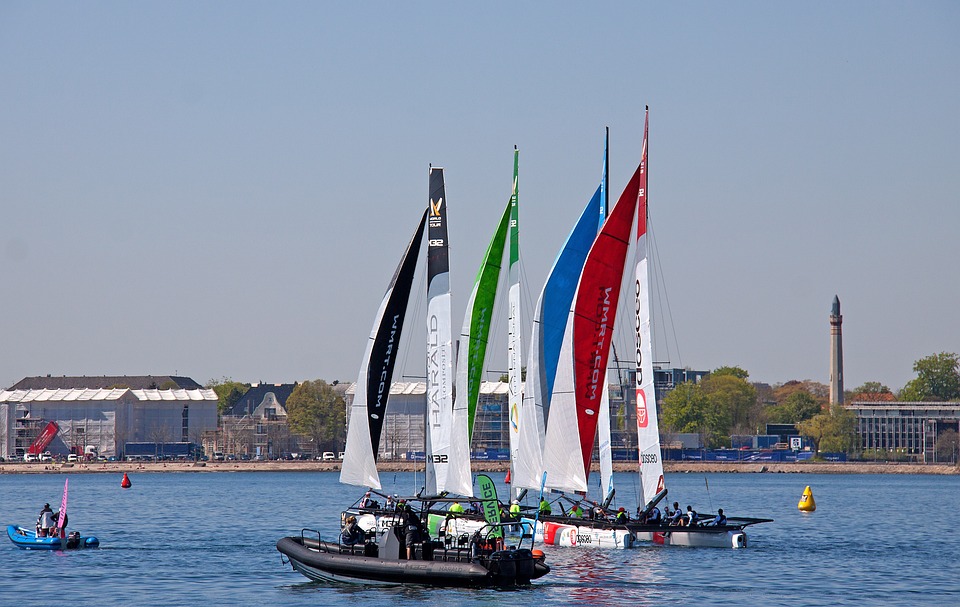As a researcher who has spent decades studying the macroeconomic policies of Nordic countries, particularly Denmark, I have come to appreciate the complexities of the Danish economy. In this article, I will delve into the factors that contribute to Danish competitiveness, providing valuable insights into how the country maintains its economic edge.
The Danish Model: An Overview
Denmark has long been celebrated for its strong and resilient economy, which is often attributed to the country’s unique socio-economic model. The Danish model combines elements of both free-market capitalism and a robust welfare state, resulting in a delicate balance between economic growth and social cohesion.
One of the key components of the Danish model is the flexicurity system, which provides flexibility for employers to hire and fire workers, while also offering comprehensive social security for those who are unemployed. This system has been lauded for its ability to promote both economic dynamism and social stability, making it a cornerstone of Danish competitiveness.
Innovation and Technology: The Danish Advantage
Denmark has consistently ranked as one of the most innovative countries in the world, and this innovation plays a crucial role in the country’s competitiveness on the global stage. The Danish government has been proactive in promoting research and development, with significant investments in cutting-edge technologies and sustainable solutions.
- Viden (knowledge) – Denmark’s strong emphasis on education and knowledge-driven industries has contributed to a culture of innovation and technological advancement.
- Grøn teknologi (green technology) – Denmark has positioned itself as a leader in green technology, with a strong focus on renewable energy and sustainable practices.
The Role of Trade: Danish Global Integration
Denmark has a small domestic market, which has forced the country to look beyond its borders for trade and investment opportunities. This outward orientation has made Denmark highly integrated into the global economy, creating opportunities for growth and expansion.
The Danish government has been proactive in negotiating trade agreements, with a focus on leveraging Denmark’s strengths in areas such as clean energy, pharmaceuticals, and agriculture. This proactive approach to trade has allowed Danish businesses to thrive in international markets, further enhancing the country’s competitiveness.
Challenges and Opportunities
While Denmark’s economic model has proven to be resilient, it is not without its challenges. The country faces demographic pressures, an aging population, and increased competition from emerging economies. However, I believe that these challenges also present opportunities for Denmark to further enhance its competitiveness.
- Uddannelse (education) – Investing in education and lifelong learning will be crucial for Denmark to maintain its edge in an increasingly competitive global economy.
- Globalt samarbejde (global cooperation) – Denmark’s commitment to international cooperation and multilateralism can help the country navigate geopolitical uncertainties and secure its position in the global economy.
Conclusion: The Future of Danish Competitiveness
As a researcher with a deep understanding of the Danish economy, I am optimistic about the country’s ability to maintain its competitiveness in the years to come. By continuing to prioritize innovation, sustainability, and global integration, Denmark can build on its strengths and overcome the challenges that lie ahead.
The Danish model, with its unique combination of economic flexibility and social security, will continue to serve as a powerful foundation for Danish competitiveness. With the right policies and investments, I am confident that Denmark will remain at the forefront of the global economy, setting an example for countries around the world.





